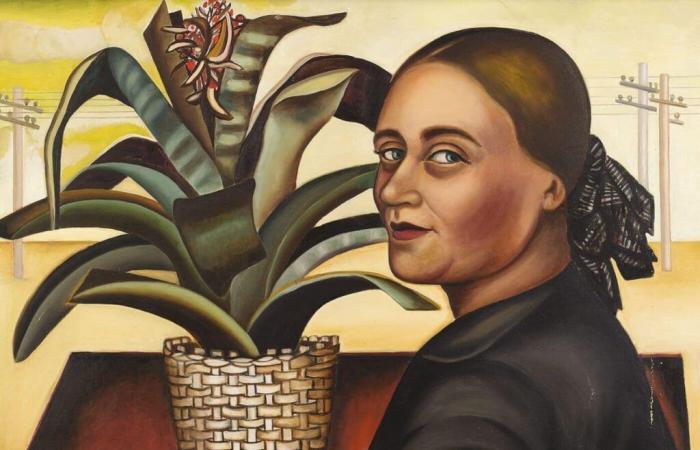It was necessary to Paris, the city of his heart, to rehabilitate Nadia Léger (1904–1982). Because even after a few exhibitions (from Biot in 1992 to Saint-Tropez in 2021), the artist still remained almost unknown. “It’s not because she was Fernand Léger’s wife that she is interesting, but because she had talent. She is a painter of remarkable modernity and of great dexterity, who produced paintings radically different from those of her husband”, immediately insists Aymar du Chatenet, co-curator of the exhibition.
When he discovered her fifteen years ago, he approached museum directors, but none were interested in her. “There was a lot of condescension and prejudice,” he explains. It was deleted because she was a woman, an emigrant, and a communist, which became divisive in the 1970s–1980s. And above all, it was she who inherited Léger's fortune and work, and who fully financed the construction of the museum dedicated to him in Biot. She was therefore locked in a status of student, wife and 'guardian of the temple'”.
Ida Kar, Nadia Khodossievitch-Léger surrounded by her self-portraits1961
i
Photo Ida Kar / © National Portrait Gallery, Londres
Born in a small Belarusian villageNadia Khodossievich was only a little 13-year-old peasant girl wearing bark shoes when the Russian Revolution of 1917 broke out. Despite her condition, she gained access to a art education thanks to the free art schools opened by Lenin. Which will make her, for life, an ardent communist.
and access Beaux Arts Magazine
and all web content
unlimited from €5.75/month
Already subscribed? Log in






